A Lotta Gelata in the California Current Ecosystem!

There are a multitude of reasons why gelatinous zooplankton pose an enticing scientific challenge. Dante Capone explores why the CCE LTER studies these creatures in a new SSALTER blog post.

There are a multitude of reasons why gelatinous zooplankton pose an enticing scientific challenge. Dante Capone explores why the CCE LTER studies these creatures in a new SSALTER blog post.
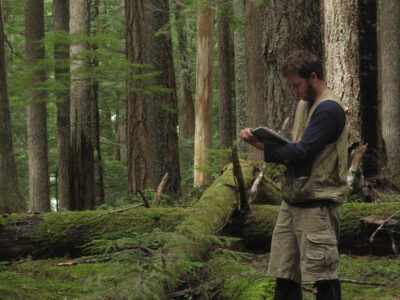
A new study leveraging a 40-year data set from old-growth forests demonstrates that trees can experience growth suppression or release depending on the identity and size of their downed neighbor.

Appreciating the history, work, and future of the Long-Term Ecological Research Network’s data repository, the Environmental Data Initiative.
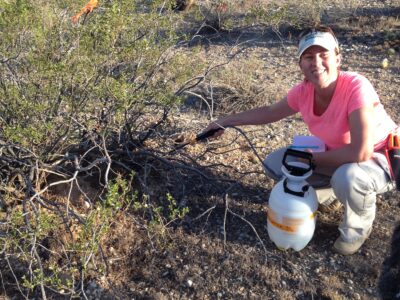
An experimental approach takes a ground-level look at the ecological winners and losers of desert soil communities under shifting precipitation regimes in the Central Arizona-Phoenix LTER.
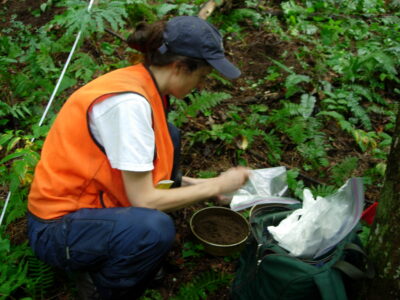
An LTER cross site synthesis effort reveals that soil carbon availability determines nitrogen mineralization and nitrification rates across a wide diversity of terrestrial ecosystems.
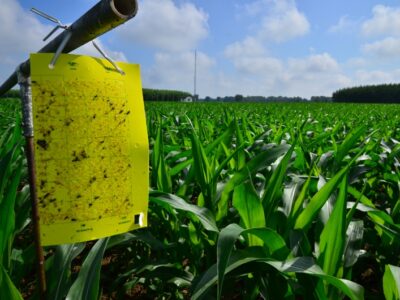
Novel analyses of a 31-year dataset on invading ladybeetles shows that small differences in habitat preference across years allow for two similar invading species to coexist while native species decline.
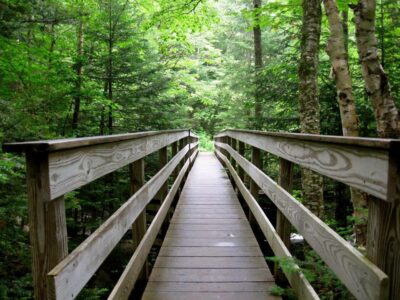
Considerable work happens behind the scenes as Sarah Garlick, Hubbard Brook’s Director of Science Engagement, brings together researchers and forest managers to identify shared research priorities in New Hampshire’s White Mountain National Forest.
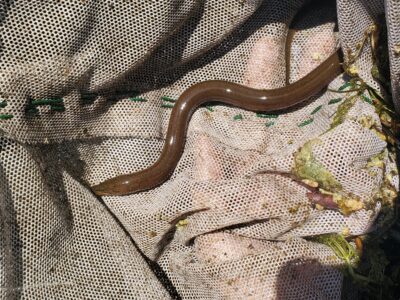
Since its introduction in 2009, the swamp eel has nearly eliminated several populations of small aquatic species in the Everglades watershed. The new invasive may be more disruptive to the Everglades than the park’s flagship invasive, the Burmese Python, and brings a new challenge to Everglades management and restoration.
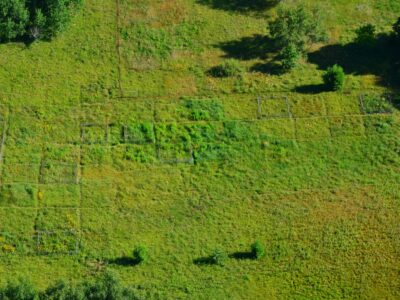
Nutrient addition increases aboveground plant growth more than it increases belowground plant growth, suggesting that the two are not linked.

The LTER Network Office hired two data analysts, Angel Chen and Nick Lyon, in 2021 to tackle short but critical wrangling tasks during working groups’ in-person meetings. Here’s how they’ve helped groups during the past year.